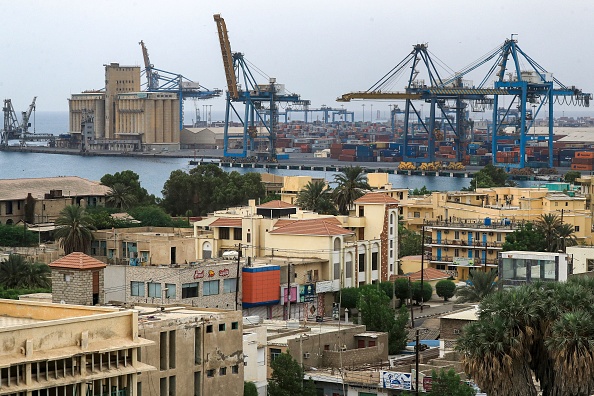Productive States Lead the Economy

Report by Nahid Oshi
The war that broke out in Sudan since mid-April is still raging and has cast a negative shadow on Khartoum and the states of Darfur, but it has created a major challenge for the rest of the secure states to join the development momentum and lead the economy, especially since the different states of Sudan enjoy preferential advantages requested by the global market. The strategic expert Dr. Mohammed Hussein Abu Saleh considered the war that broke out in Khartoum is an opportunity for the states to correct their situation.
Productivity:
Since Khartoum needs a huge production of furniture worth billions of dollars, factories will not be able to produce in the short term. Therefore, factories must move to different states so that the states become the producers of many goods, and this requires readiness and a fast pace.
Revenues up to 5 billion:
He said that animal and vegetable production could significantly transform the River Nile State, as production could be exported amounting to US$5 billion worth of vegetables, which would revitalize the state, and this requires the presence of air transport and an export city.
Foreign investments:
Economist Dr. Mohammed Al-Nayer points out that the Sudanese economy was accompanied by mistakes and those in charge of the economy did not notice them until after the mid-April war.
He said that one of the mistakes was Khartoum’s acquisition of most of the foreign and national investments, which created a large overcrowding of the industrial and commercial sectors in Khartoum, which he considered a defect, as the war caused many factories to transfer their activities from Khartoum to nearby states.
A different view:
Al-Nayer considered that this step is an indication that after the war there will be a different vision and a great demand for investments in the states, particularly since each state has a comparative advantage, and therefore the states will witness a great renaissance, that requires the central government to address the mistakes that were made in the past, which is (the center’s grip), as the Center is giving up the resources that enable the states to bring about a real renaissance. Therefore, the Center must now give up financial resources to the states so that they can be stronger in the next stage and be able to shoulder their responsibilities and fulfill their obligations in full.
Big transformation:
He said that the next stage will witness a major transformation in the states and localities that will benefit from increasing the volume of investment in the industrial and agricultural sectors, thus providing services, addressing the issue of unemployment, and reducing poverty rates.
Poor storage:
However, the strategic expert, Abu Saleh, warned that the states face an electricity problem that requires moving towards innovation in producing electricity from solar energy. In addition to the weakness of the infrastructure, transportation, roads, and the problems of multimodal transportation and storage, he said, according to a study, that Sudan loses 50% of production due to poor storage, pointing to the success of the potato production season in the states, but the war in Khartoum prevented the production from reaching the warehouses in Omdurman. Therefore, we need to provide warehouses in the states.
He said that the challenge facing the country is to try to produce world-class product. So, there must be training for the technical productive categories.



